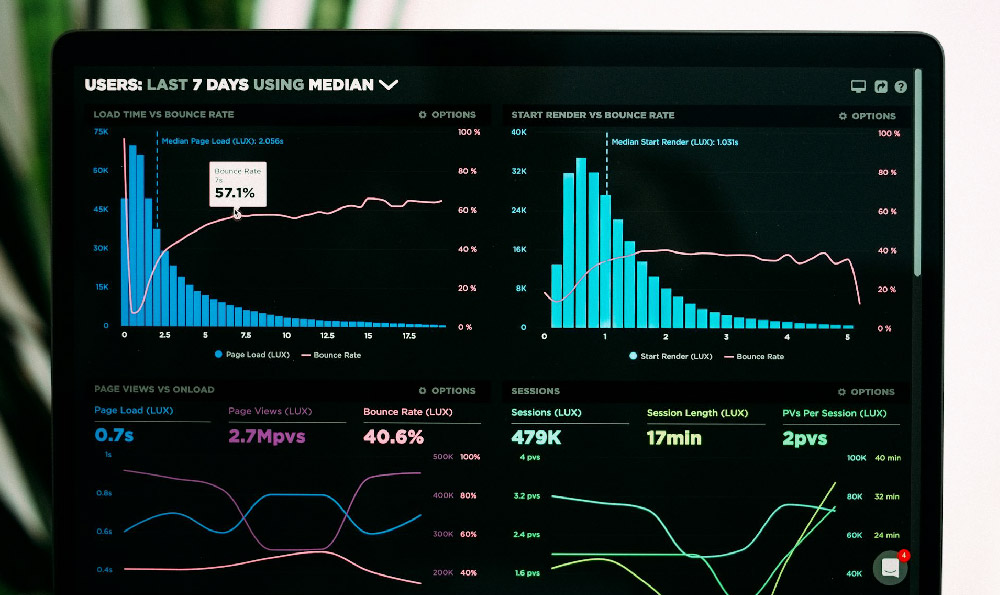Facebook groups have emerged as a powerful platform for individuals to explore opportunities to generate income, whether through direct engagement or leveraging the community dynamics. With millions of active users and diverse interests, these virtual spaces offer a unique blend of accessibility and potential for monetization. However, transforming a Facebook group into a sustainable income source requires strategic planning, understanding of user behavior, and adherence to ethical practices. This approach not only aligns with the evolving digital economy but also taps into the inherent value of social interaction and content sharing.
One of the most effective ways to monetize a Facebook group is by creating a niche community around a specific interest and offering premium content or services. For example, a group focused on fitness can generate revenue by providing workout plans, nutrition guides, or access to exclusive expert consultations. The key here lies in delivering high-quality, value-driven resources that cater to the group's members' needs, which encourages sustained participation and repeat engagement. Additionally, members often become loyal advocates, contributing to organic growth through referrals. It’s crucial to maintain transparency about the monetization strategy to preserve trust within the community.
Another strategy involves utilizing Facebook groups as a marketing channel for affiliate marketing. By promoting products or services that align with the group’s theme, members can be incentivized to make purchases through unique referral links. This method works best when the group’s moderators or administrators have authentic relationships with their audience, as it increases the credibility of recommendations. For instance, a group centered around tech gadgets can introduce products like smartwatches or headphones, sharing affiliate links to earn commissions from sales. It's important to select products that genuinely benefit the group's members and avoid spamming, which could drive them away.

Some users opt to monetize Facebook groups through members-only content, such as exclusive tutorials, discounts, or downloadable resources. This model requires creating a compelling offer that justifies the value of joining the group. For example, a group dedicated to photography can provide access to a comprehensive photo editing course or high-resolution stock images. The challenge here is to maintain a balance between providing value and setting a fair cost for membership, ensuring that the content remains relevant and useful.
A third approach is to generate income by selling digital products or services directly within the group. From e-books and online courses to consulting services and handmade crafts, the possibilities are vast. The success of this strategy depends on the group's size, engagement level, and the relevance of the product or service. For instance, a group focused on minimalism can sell curated shopping lists or budgeting templates tailored to the community's needs. It’s essential to promote the products organically, rather than pushing them aggressively, to avoid appearing transactional and losing the group's trust.
For those interested in advertising, Facebook groups can be leveraged to display relevant ads that align with the group’s theme. This requires careful selection of ads to ensure they provide value without being intrusive. For example, a group for DIY enthusiasts might display ads for tools or materials, offering discounts or coupons for members. The key here is to maintain a non-intrusive presence and ensure that the ads complement the group’s content rather than disrupt it.
The potential for passive income through Facebook groups is also evident in the creation of evergreen content that continues to generate leads and sales over time. By developing blog posts, videos, or infographics that provide value, the group can serve as an ongoing source of traffic and conversion. For example, a group focused on travel tips might share a detailed travel guide that members can access at any time. The challenge is to create content that remains relevant and timeless while encouraging regular interaction within the group.
However, it's important to recognize that monetizing Facebook groups is not a guaranteed path to wealth. Success requires consistency, active management of the group, and the ability to engage members regularly. Additionally, the strategy must be adaptable to changes in the market and user preferences. It’s also crucial to ensure that the monetization approach is compliant with Facebook’s community guidelines and relevant laws to avoid penalties or account suspension.
To make the most of this opportunity, it's recommended to start by identifying a specific niche or interest that can attract a dedicated audience. Once the group is established, the focus should shift to building relationships, creating value, and gradually introducing monetization strategies. It's also important to remain open to feedback and to continuously refine the approach based on the data and insights gained from the group’s interactions.
In conclusion, Facebook groups offer a versatile platform for individuals to explore various ways to earn passive income online. Whether through community-driven content, affiliate marketing, or product sales, the key lies in understanding the audience and providing value that justifies the monetization. With careful planning and execution, Facebook groups can become a valuable asset in the digital economy, helping users generate income while fostering a sense of community and belonging.












